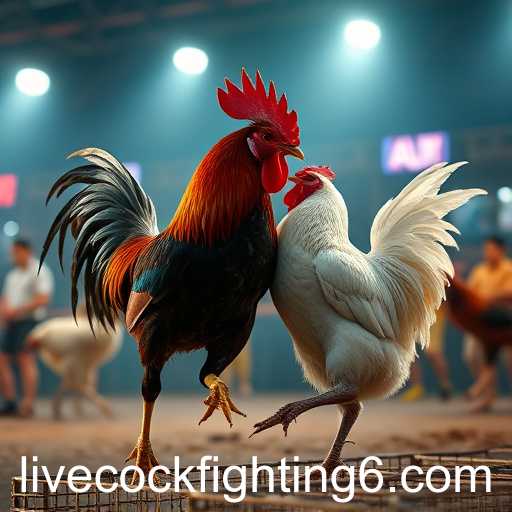In an age where digital platforms are redefining entertainment and sports, the term 'live cockfighting' emerges as a contentious concept in the realm of online gaming. Traditionally recognized as a physically brutal and ethically condemned practice, cockfighting has surprisingly found a new lease on life in the digital arena.
Several English-language gaming websites have adopted 'live cockfighting' in a virtual format, where players can engage in simulated matches. These digital renditions claim to remove the cruelty associated with actual events while attempting to preserve the strategic elements that have long fascinated audiences. As technology advances, the line between reality and simulation blurs, raising significant ethical questions.
Proponents of virtual cockfighting argue that technology provides a cruelty-free alternative, appealing to enthusiasts without causing harm to real animals. However, critics argue that glamorizing any form of cockfighting, virtual or otherwise, perpetuates a sport rooted in animal cruelty and conflicting ethics.
This trend emerges alongside a growing consumer base that demands more immersive and interactive forms of entertainment. The digitalization of sports, from conventional team sports to extreme virtual competitions, showcases a shift in how audiences consume content. Yet, it also calls for a closer examination of the ethical implications behind digital platforms opting to feature historically banned or controversial practices.
With the game's popularity on the rise, both regulators and the gaming community face the challenge of addressing these issues. Discussions on regulation and ethical standardization are gaining momentum, as they aim to foster an environment where innovation does not come at the expense of ethical considerations.
As we move further into 2025, the dialogue surrounding 'live cockfighting' and its place in the digital landscape continues to unfold, prompting necessary debates about the future direction of online gaming and the responsibilities it carries.








